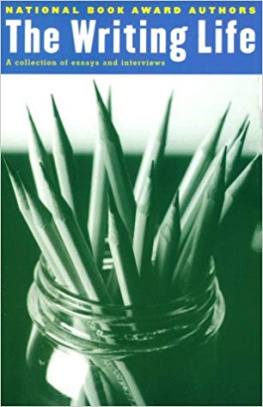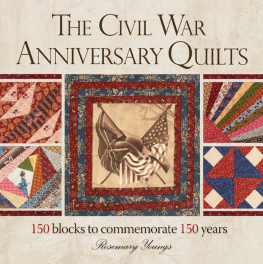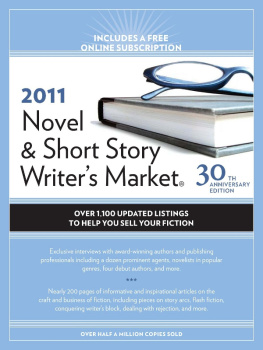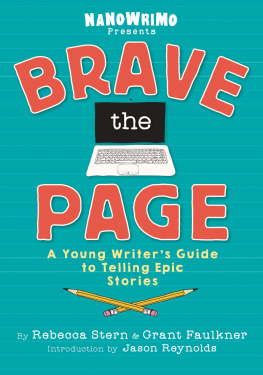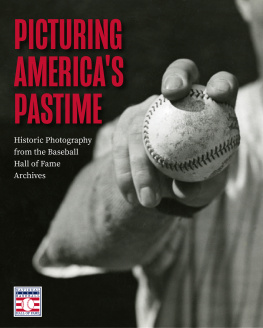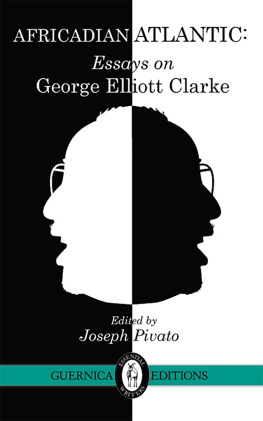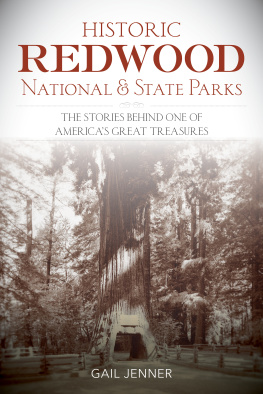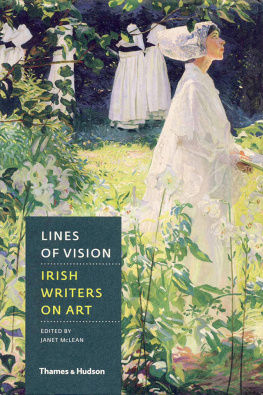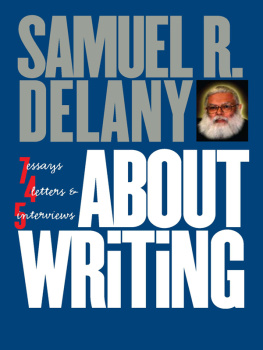Diane Osen - The Writing Life: National Book Award Winners
Here you can read online Diane Osen - The Writing Life: National Book Award Winners full text of the book (entire story) in english for free. Download pdf and epub, get meaning, cover and reviews about this ebook. year: 1995, publisher: Random House, genre: Art. Description of the work, (preface) as well as reviews are available. Best literature library LitArk.com created for fans of good reading and offers a wide selection of genres:
Romance novel
Science fiction
Adventure
Detective
Science
History
Home and family
Prose
Art
Politics
Computer
Non-fiction
Religion
Business
Children
Humor
Choose a favorite category and find really read worthwhile books. Enjoy immersion in the world of imagination, feel the emotions of the characters or learn something new for yourself, make an fascinating discovery.
- Book:The Writing Life: National Book Award Winners
- Author:
- Publisher:Random House
- Genre:
- Year:1995
- Rating:4 / 5
- Favourites:Add to favourites
- Your mark:
- 80
- 1
- 2
- 3
- 4
- 5
The Writing Life: National Book Award Winners: summary, description and annotation
We offer to read an annotation, description, summary or preface (depends on what the author of the book "The Writing Life: National Book Award Winners" wrote himself). If you haven't found the necessary information about the book — write in the comments, we will try to find it.
Diane Osen: author's other books
Who wrote The Writing Life: National Book Award Winners? Find out the surname, the name of the author of the book and a list of all author's works by series.
The Writing Life: National Book Award Winners — read online for free the complete book (whole text) full work
Below is the text of the book, divided by pages. System saving the place of the last page read, allows you to conveniently read the book "The Writing Life: National Book Award Winners" online for free, without having to search again every time where you left off. Put a bookmark, and you can go to the page where you finished reading at any time.
Font size:
Interval:
Bookmark:
For Louis Begley, it was the sound of his mothers voice as she read to him. For John Updike, it was the sight of his mother at her typewriter. For Gloria Naylor, it was the touch of her mothers hand, offering the gift of a journal.
Of course, not every parent can nurture the writing life of a child, and not every child who hears a story, or watches one grow, or smooths down the pages of a brand-new diary, decides to embrace a life of reading and writing books. And while many authors can name their initial sources of inspiration, they cannot explain exactly why these experiences so utterly transformed them.
The Writing Life does not penetrate that mystery, either; but it does illuminate some of the dreams and desires that have shaped the writing lives of some of Americas most influential novelists, poets, biographers, and historians. Here, in essays and interviews created for the National Book Foundations Writing Life" project, American authors recount the various ways in which they found their vocations and developed their distinctive voices. Not surprisingly, the stories they tell are as compelling as the works that have earned them international recognition as National Book Award winners and finalists.
Poet Philip Levine recalls composing his first poem at the age of fourteen, inspired by the flowering of a mock-orange bush he purchased with money earned washing windows: I looked on the works my hands had wrought, then I said in my heart, As it happened to the gardener, so it happened to me, for we all go into one place; we are all earth and return to earth. The dark was everywhere, and as my voice went out I was sure it reached the edges of creation.
But Philip Levine did not decide to become a poet until many years later, he realized. In a 1993 interview, he said he wanted to write for the people I grew up with who brothered, sistered, fathered and mothered me. Their presence seemed utterly lacking in the poetry I inherited at age 20, so Ive spent the last 40-some years trying to add to our poetry what wasnt there.
Novelist Gail Godwin, on the other hand, never considered any career but writing, having grown up watching her mother compose short stories and newspaper articles. But that certainty has never made living her writing life any easier. I confess, she says, to the doubtsand sometimes the outright dreads that go with me as I climb the stairs to my study in the morning, coffee mug in hand: I have to admit to the habitual apprehension mixed with a sort of reverence, as I wonder, what is going to happen today? Will anything happen? Will the angel come?
The angel, she goes on to explain, presides in that mysterious slice of time between when I dont know what lam going to write that day and when Im looking afterward at the evidence of what I did write that day.
The National Book Foundations Writing Life project, which inspired this anthology, was designed to introduce readers across the country to the many manifestations of the angel Gail Godwin describes so vividly.
Since the projects inception five years ago, thousands of students and adults have joined together with more than one hundred National Book Award authors to consider howand whythe gap is bridged between I dont know and what I did write.
Meeting in schools, libraries, prisons, community centers, museums, senior-citizen centers, and other institutions large and small, in cities, suburbs, and rural towns, project participants have formed new groups dedicated to exploring the writing life and some of the unforgettable books it has engendered.
For example, from 1993 to 1995, participants in National Book Award Reading Circles had the opportunity to read twelve works of fiction, nonfiction and poetry recognized by the Awards and linked by shared concerns. Guided by scholars selected by cosponsoring State Humanities Councils, the Reading Circle membersincluding adults, high school and college students, teachers, professional writers, librarians and senior citizensmet to analyze the challenges of creating a character* and writing about families. Their discussions culminated in two-day residencies by National Book Award authors, who also traveled to other venues for larger public presentations under the auspices of the National Book Foundation.
What these authors learned along the way is embodied in this unique volume. We are immeasurably grateful to them for allowing us to share their extraordinary insights.
No introduction to this book would be complete without an expression of thanks to Random House, which will donate all its profits from the sale and licensing of this anthology to the foundation for the expansion of the Writing Life project; to the Lila Wallace-Readers Digest Fund, which generously provided major funding for the project from its inception, as well as ongoing support; to the Federation of State Humanities Councils and the Library of Congresss Center for the Book, which did a masterful job of organizing scores of project events; and especially to the readers in forty states whose deep and abiding interest in the writing life has served as inspiration for us all.
N iel Baldwin, Executive Director
D iane O sen , Director of Special Projects
The National Book Foundation
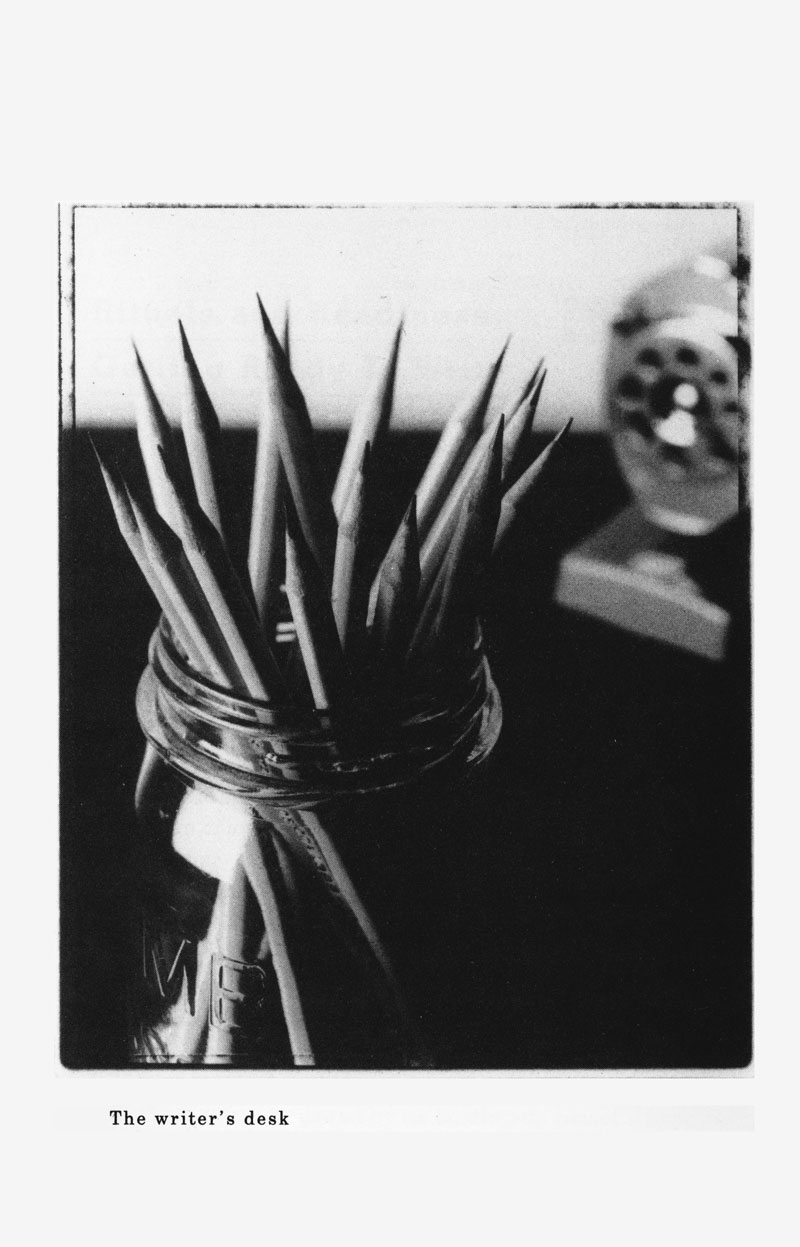
Gail Godwin
A woman gets up before dawnit has to be before there is even that band of orange on the horizonand lights a candle and walks about her house. If she waits until sunrise and its too late to light the candle, she knows she wont write well that day.
A man has rented a house in Provence in order to write a novel. Every morning he retreats to a room of this house, and sits down at a small table, benumbed and mindless for several hours. His wife starts leaving a fresh rose on his table every morning, as a talisman of love and encouragement, but nothing helps. No words come.
A woman climbs the stairs of her house, closes the door, adjusts the blinds, lights two sticks of incense, the long, always-slightly crooked one handmade by a Tibetan monk, the neat, straight short one mass-produced at a factory in Tokyo. As the mixed aroma of musk, saffron, and sandalwood begins to permeate the rooma scent she has come to associate with the sacredness of work timeshe turns on the computer and is always amazingly cheered by its booting-up noises. It and the printer to which it is attached make sweet, hopeful, familiar blumps and beeps, as if to say: were here, were warming up, were checking out our parts, just as you are: were going to HELP you today.
A man lies for three hours on his sofa, sleepless and apathetic. On another day, he plays with his hair in front of a mirror. On another, washes his hands three times in succession and records it in his diary. Records on another day: Complete standstill. On another, Unending torments. On another, Incapable in every respect. On another: Another ten days and I have achieved nothing. On another, In the afternoon I couldnt keep myself from reading what I had written yesterday. Yesterdays filth. Didnt do any harm though.
And on another: The possibility of serving with all ones heart.
What all of these people have in common is that their main job in life is writing fiction. The highly personal, sometimes agonizing, rituals I have just described them putting themselves through are their various and eccentric ways of warming up, of getting themselves worthy of entering that place where work will be done. Its that mysterious space each of us who writes must always enterand engage within order to return with words. Much of the activity we think of as writing is, actually, getting ready to write .
Font size:
Interval:
Bookmark:
Similar books «The Writing Life: National Book Award Winners»
Look at similar books to The Writing Life: National Book Award Winners. We have selected literature similar in name and meaning in the hope of providing readers with more options to find new, interesting, not yet read works.
Discussion, reviews of the book The Writing Life: National Book Award Winners and just readers' own opinions. Leave your comments, write what you think about the work, its meaning or the main characters. Specify what exactly you liked and what you didn't like, and why you think so.

